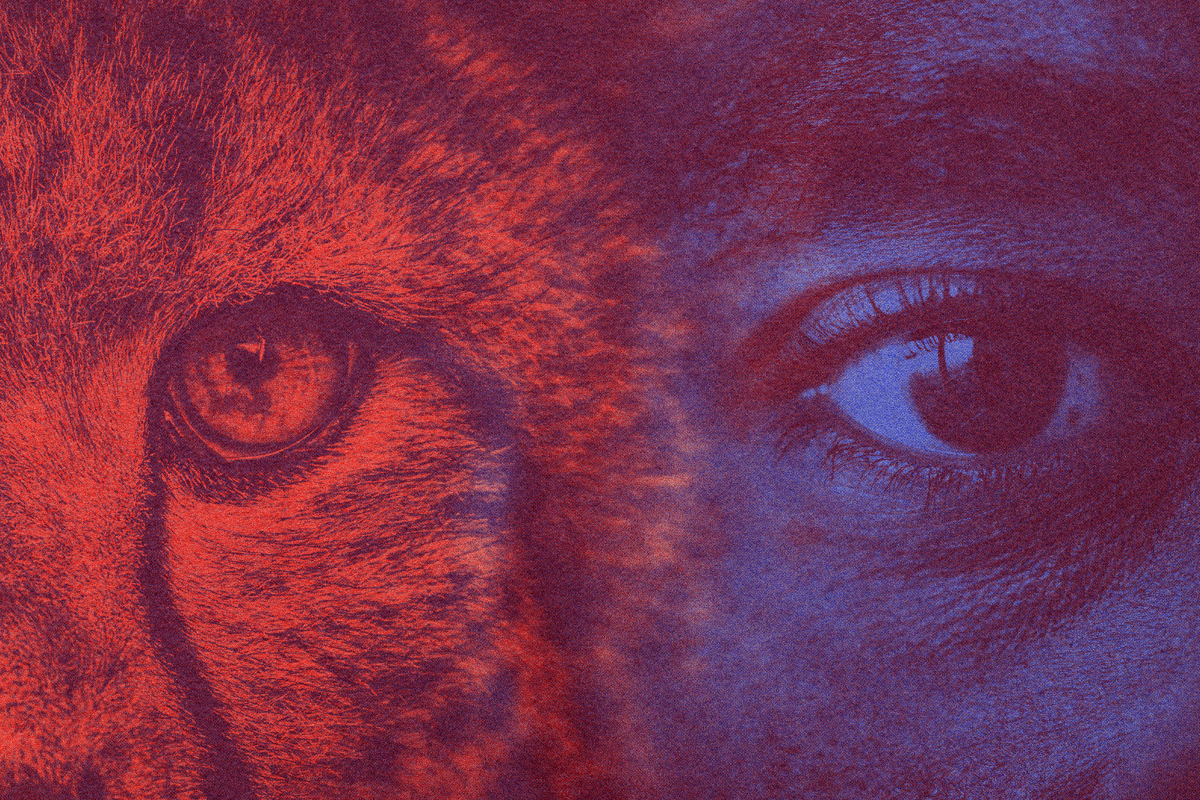The digital age has ushered in an era of unprecedented technological advancements, with emerging technologies like Artificial Intelligence (AI), the Internet of Things (IoT), and digital twins transforming industries worldwide. While these innovations have brought tremendous progress and convenience to human life, they also raise ethical concerns about their impact on non-human animals and biodiversity conservation.
In the context of Rwanda, a country rich in natural beauty and biodiversity, understanding and ensuring the ethical use of emerging technologies is paramount. This article delves into the implications of our actions in the digital age on non-human animals in Rwanda and explores how to harness emerging technologies ethically for the betterment of both humanity and the environment.
The Impact on Non-Human Animals in Rwanda
AI in Wildlife Conservation: Rwanda is renowned for its diverse wildlife, including critically endangered mountain gorillas and other unique species. AI-powered tools have proven immensely beneficial in wildlife conservation efforts. Through data analysis, facial recognition, and predictive modeling, researchers can monitor and protect endangered species, prevent poaching, and track animal movements. The use of AI can significantly enhance Rwanda’s conservation initiatives, ensuring the protection of its precious wildlife. However, it is crucial to adhere to ethical guidelines to avoid causing harm, stress, or disruption to the animals during the research and monitoring processes.
IoT in Agriculture: Rwanda’s economy is heavily dependent on agriculture, making it essential to ensure food security while preserving the natural environment. IoT devices in agriculture enable farmers to monitor crops, livestock, and environmental conditions remotely, leading to precision farming practices that optimize resources and reduce environmental impact. Ethical deployment of IoT can enhance Rwanda’s agricultural productivity without negatively impacting wildlife or endangering ecosystems.

Digital Twins for Wildlife Monitoring: Digital twin technology allows the creation of virtual replicas of ecosystems, enabling the monitoring and analysis of natural habitats without direct human intervention. In Rwanda, where diverse ecosystems coexist, digital twin simulations can be instrumental in studying animal behavior and understanding the dynamics of these ecosystems. However, care must be taken to ensure that the use of digital twins does not compromise animal privacy or welfare.
Ensuring Ethical Use of Emerging Technologies in Rwanda
Robust Regulatory Frameworks: Rwanda, like many other nations, must establish comprehensive regulatory frameworks that address the ethical implications of emerging technologies. These frameworks should include guidelines on animal welfare, data privacy, and environmental protection, ensuring the responsible implementation of digital innovations in agriculture and wildlife conservation.
Ethical Design and Research: Developers and researchers in Rwanda should prioritize ethical considerations from the outset of designing and deploying technologies. This involves considering the potential impacts on non-human animals and the environment and refraining from using invasive or harmful methods in the pursuit of knowledge.
Stakeholder Collaboration: Collaboration with wildlife experts, conservationists, and animal welfare organizations in Rwanda is essential for the successful development and use of emerging technologies. Engaging with stakeholders can lead to a more balanced approach that safeguards the interests of both humans and non-human animals in the country.
Education and Awareness: Raising awareness about the ethical implications of emerging technologies in Rwanda is crucial for fostering a culture of responsible innovation. Public engagement and education campaigns can inform individuals about the potential impacts on wildlife and encourage ethical decision-making.
As Rwanda continues to embrace the digital age and leverage emerging technologies for its development, it must remain committed to ethical practices in the use of AI, IoT, and digital twins. Understanding the impact of these technologies on non-human animals and biodiversity conservation is essential for the sustainable growth of the nation.
Through robust regulations, ethical design, stakeholder collaboration, and public awareness, Rwanda can harness the power of emerging technologies to benefit both humanity and its rich natural heritage. By ensuring ethical use, Rwanda can set a precedent for responsible innovation, showcasing a harmonious coexistence between humans and the non-human creatures that share this beautiful land.

